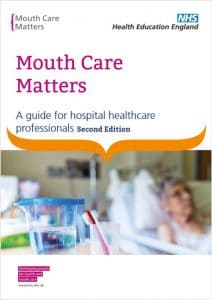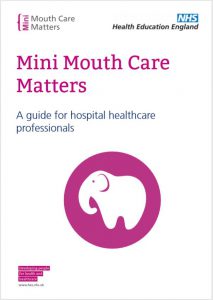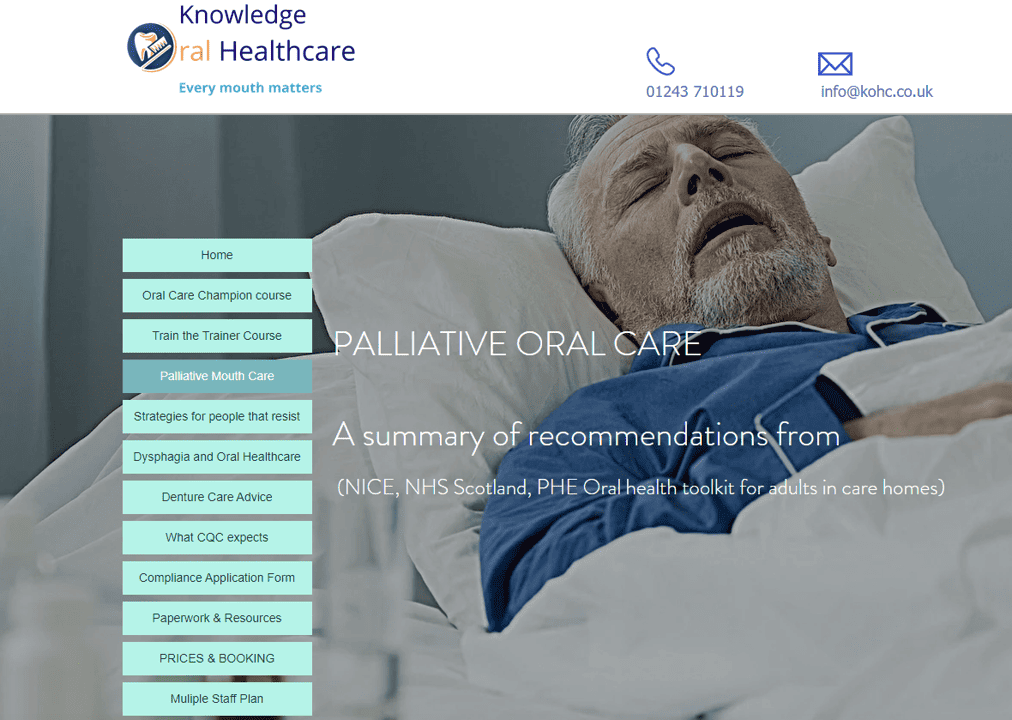* We are working on this page. Please call back or if you have a query contact us info@growingsmiles.co.uk

Whatever age, the aim of palliative and end of life mouth care is to improve quality of life, i.e. relieve symptoms, improve comfort, function and appearance.
Palliative and end of life care affects us all – living, dying and those around them. When people reach the end of their lives, they can experience numerous oral health conditions that can weaken and complicate health, including ulcers, mucositis, dry mouth, mouth and face pain, toothache, and abscesses. The side effects of these include difficulty eating, speaking, poor appearance, and halitosis. Oral healthcare should contribute to palliative care and dying with dignity. At end of life aim for comfort in the least invasive way.
More people experiencing palliative and end of life care will have teeth. Some may have a dental appliance e.g denture or complex dental restorations e.g. dental implants. Awareness of oral health as a key component to overall health and well being will help ensure the mouth is cared for at this stage of life.
Tab 1 content.
Tab 2 content.
Inside the mouth – consider
End of life patients are susceptible to a range of problems with
their mouths including dysphagia, dry mouth, thick mucus
secretions, nutritional and taste problems, mucositis, and
denture related problems. Poor oral health can have a big
impact on the function and quality of life for these patients. (MCM
Check the mouth regularly:
Teeth, dentures, crowns, bridges, implants or other dental restorations.
Function, joint problems, opening limitations, swallow difficulties.
Soft tissue health e.g ulcers, tongue health, fungal infections (thrush), trauma.
Comfort, saliva, dry mouth & fresh breath.
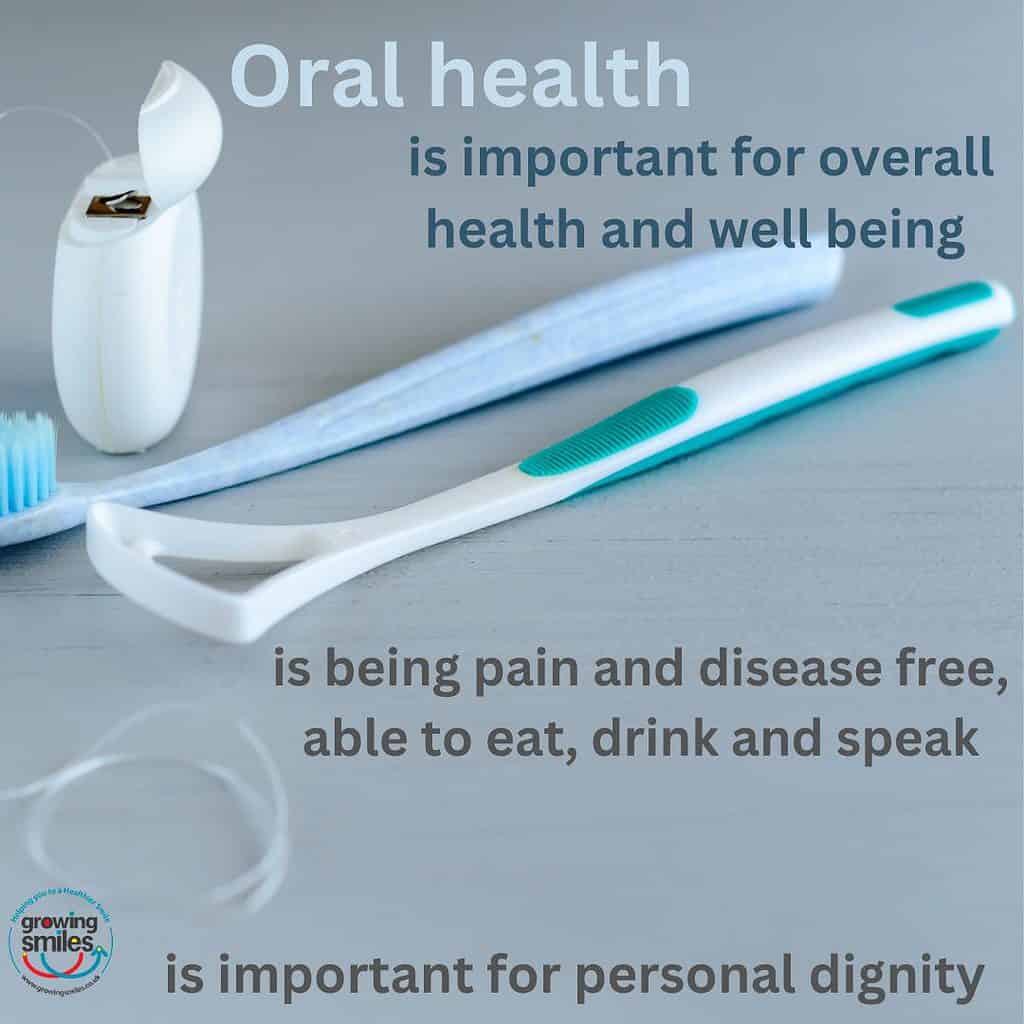
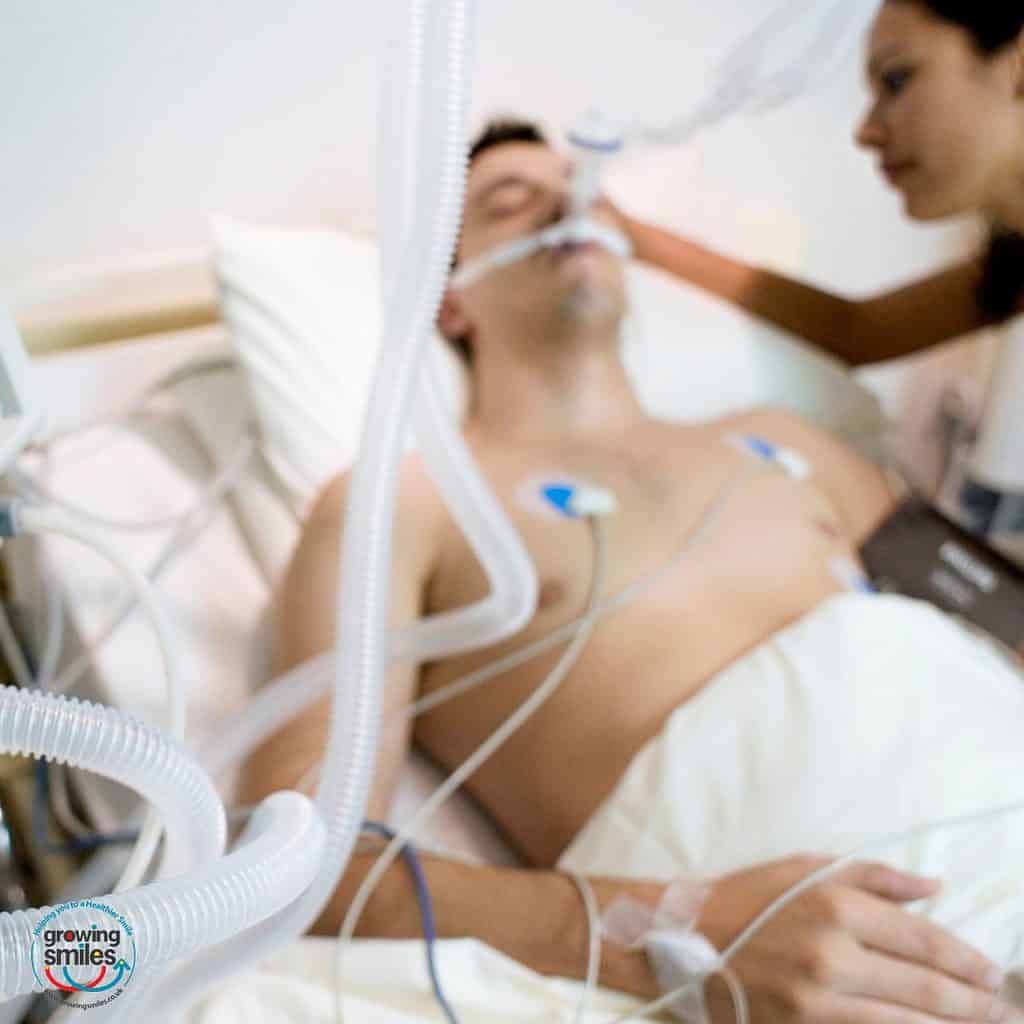
Health and Wellbeing – consider
Holistic oral health where mouth care is integral to overall health and well being.
In palliative and end of life care it is something family members may assist with to ensure comfort and dignity.
A clean mouth, moist lips, soft tissues and fresh breath can make a real difference to the individual, their loved ones and carers.
Dry mouth products can help relieve common symptoms of dry mouth (xerostomia). Learn more about dry mouth here. Get the most out of dry mouth gel by massaging it into the soft tissues either with a clean finger or Oralieve 360 toothbrush.
Oral hygiene – consider
Maintain usual mouth care routine when possible, use the individuals normal oral hygiene tools. Be aware that teeth, gums and soft tissues may be sore and hygiene products may need to modified or changed to accommodate changes in health.
Carers – Support and assist mouth care. Clean teeth, gums, tongue and soft tissues. Moisturise lips and soft tissues. Clean dentures or other appliance.
Toothbrushing: Clean teeth and gums at least twice a day. Use a manual or electric toothbrush with a small head and soft bristles and fluoride non foaming toothpaste (SLS free). Triple head toothbrushes may make brushing easier. Anyone with swallow difficulties (dysphagia) may find a suction toothbrush beneficial. *DO NOT USE A FOAM SWAB STICK – the foam can come off and cause choking.
Use a pea sized blob of fluoride toothpaste on a dry brush – press the toothpaste into the bristles. Spread the toothpaste around the teeth then brush all surfaces of every tooth and around the gum line. Spit out but don’t rinse all the paste away. Leave a smear of toothpaste around the teeth for maximum benefit.
Clean dentures and other oral appliances. One of the easiest and most effective ways of cleaning dentures is Dr Mark Wotherspoon’s Dental HyGenie.
If you cleaning for someone else and worried about fingers getting bitten a dental finger shield can help.
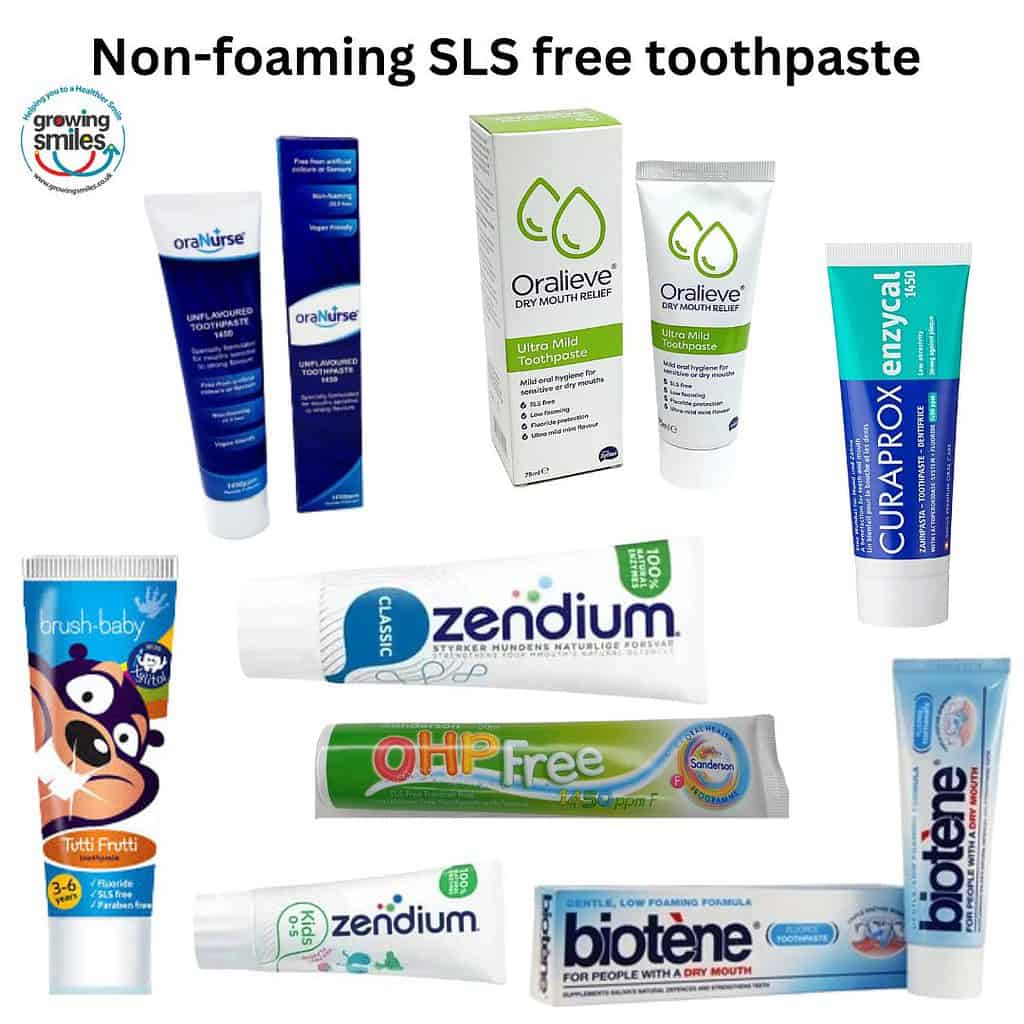
- Diet and Nutrition – Taste for comfort. Hydration. Supplements. Tube feeding/parenteral nutrition. Nutritional needs in palliative and end of life care.
- Professional oral care – Relief of pain – teeth, gums, tongue and soft tissues. Monitoring and maintaining function and comfort. Professional support.
